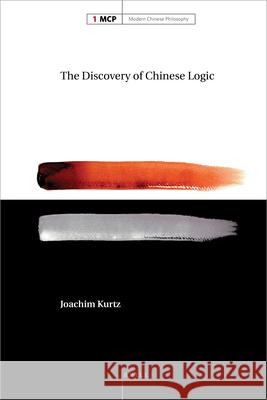The Discovery of Chinese Logic » książka
The Discovery of Chinese Logic
ISBN-13: 9789004173385 / Angielski / Twarda / 2011 / 488 str.
Until 1898, Chinese and foreign scholars agreed that China had never known, needed, or desired a field of study similar in scope and purpose to European logic. Less than a decade later, Chinese literati claimed that the discipline had been part of the empire's learned heritage for more than two millennia. This book analyzes the conceptual, ideological, and institutional transformations that made this drastic change of opinion possible and acceptable. Reconstructing the discovery of Chinese logic as a paradigmatic case of the epistemic shifts that continue to shape interpretations of China's intellectual history, it offers a fresh view of the formation of modern academic discourses in East Asia and adds a neglected chapter to the global histories of science and philosophy.











